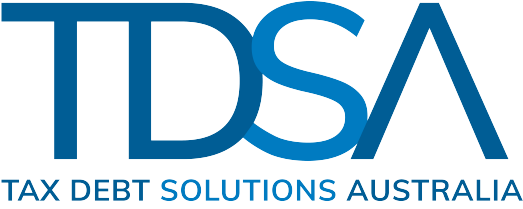
What is a garnishee notice?
Garnishee notices can be issued by a variety of creditors however they are quite regularly used by the ATO as a method of collecting outstanding tax debts.
The ATO issues the notices pursuant to Section 206-5 of the Taxation Administration Act 1953 and the notice allows the ATO to collect its outstanding tax debts by taking monies from the company’s bank account or directly taking monies from the company’s customers.
Once the notice is in place a statutory charge is created which ranks as a fixed charge. Effectively the ATO becomes a secured creditor of the company and as such the ATO will take preference over some secured creditors and all ordinary creditors if the company is eventually wound up. The garnishee notice creates a statutory charge which ranks as a fixed charge and in priority to any previously created floating charges which have not crystallised prior to service of the garnishee notice.
The ATO first issues a ‘Notice of Intended Legal Action/Garnishee Notice’ to alert the directors to the fact that it intends issuing a notice. If you receive one of these letters of intent and are unsure of what to do you should contact our helpline immediately.
Before the ATO issues Garnishee Notices, the following factors are consideration:
- the financial position of the taxpayer and steps taken to make payment in the shortest possible timeframe;
- the extent of any other debts owed by the taxpayer;
- whether the revenue is placed at risk because of the actions of the taxpayer;
- and the likely implications of issuing a notice of a taxpayer’s ability to provide for a family or to maintain the viability of a business
One of the big downsides of receiving one of these notices is that you lose control of your cashflow as the ATO can either take funds directly from your bank account or they can collect funds directly from your debtors and let’s not forget the negative impact on the reputation of your business.
What you should do if you receive a garnishee notice.
The options available to you are:
- Pay the tax debt immediately if you have the cash flow; or
- Remove the stress and call our helpline on 1300 310 469 as soon as possible so we can negotiate on your behalf.
